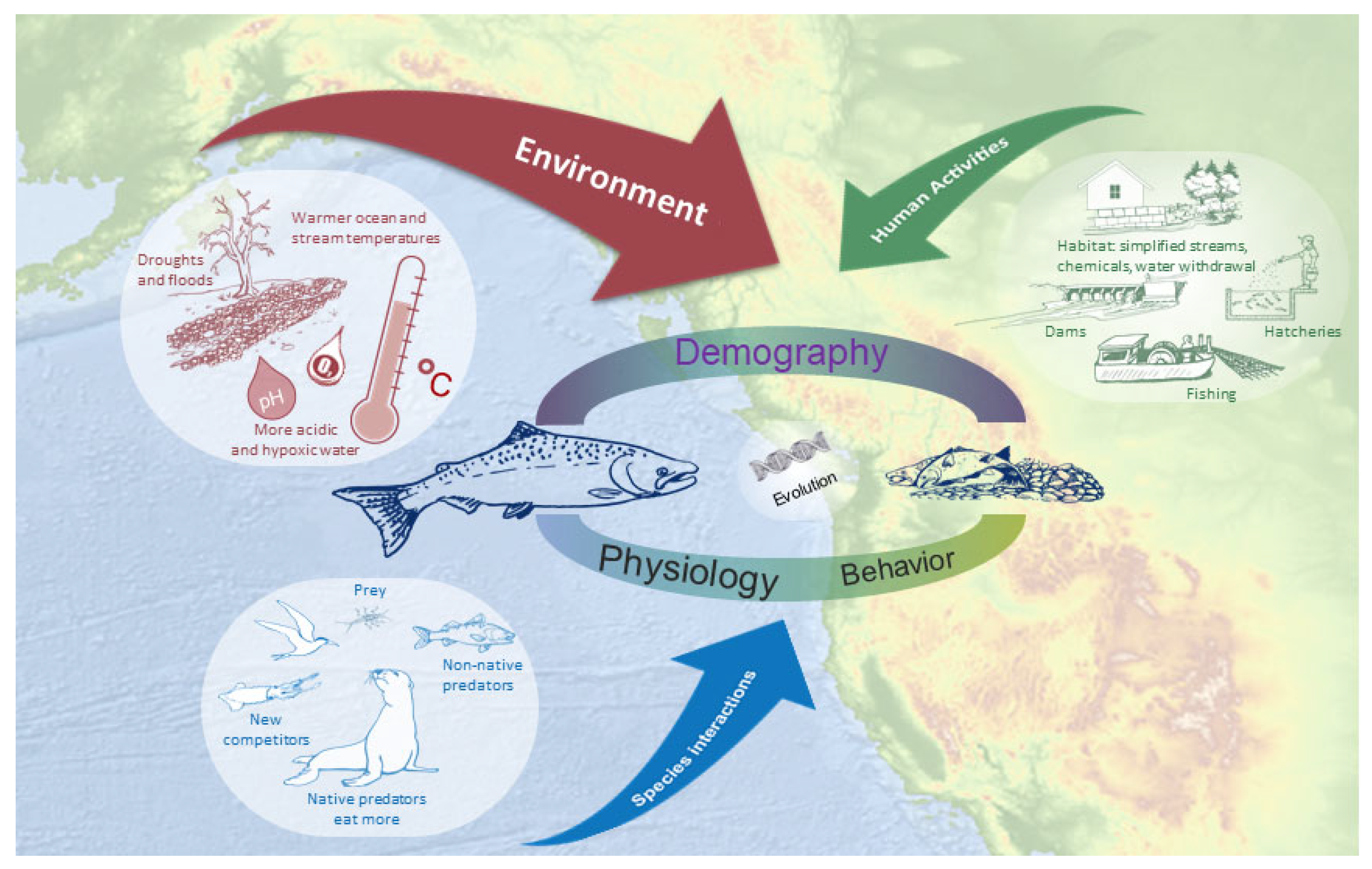1. Historical Context:
- The UK's immigration history dates back centuries, with waves of immigration from various regions, including the Caribbean, South Asia, and Eastern Europe, contributing to the country's cultural diversity.
2. Commonwealth Immigration Act (1962):
- The Commonwealth Immigration Act marked a turning point in UK immigration policy. It aimed to restrict immigration from Commonwealth countries, introducing work permits and quotas.
3. Immigration and Nationality Act (1971):
- This act established the legal framework for modern UK immigration. It introduced the concept of patriality, meaning that those with a UK-born grandparent could enter the UK freely, while others faced stricter controls.
4. European Union Membership (1973):
- The UK's membership in the European Union (EU) allowed for the free movement of EU citizens within member states. EU nationals had the right to live and work in the UK, contributing to significant immigration flows.
5. Asylum Seekers and Refugees:
- Throughout the late 20th and early 21st centuries, the UK received asylum seekers and refugees from various conflict zones, leading to complex debates on asylum policies and border control.
6. Points-Based System (2008):
- In 2008, the UK introduced a points-based immigration system, which categorized migrants based on skills and qualifications. This system aimed to attract high-skilled workers and restrict low-skilled immigration.
7. Brexit and the End of Freedom of Movement (2020):
- Following the 2016 Brexit referendum, the UK officially left the EU in January 2020. Freedom of movement for EU citizens ended, and a new points-based immigration system was introduced in January 2021.
8. Points-Based System for Skilled Workers (2021):
- The new points-based system categorizes immigrants into skilled worker, student, and family categories. Points are awarded based on factors like job offer, salary, and English language proficiency.
9. Refugee Resettlement Programs:
- The UK has various programs for resettling refugees, including the Vulnerable Persons Resettlement Scheme (VPRS) and the Afghan Relocations and Assistance Policy (ARAP).
10. Humanitarian and Family Reunion Visas: - The UK offers visas for family reunions and humanitarian reasons. These allow family members to join or stay with relatives already in the UK.
11. Immigration Enforcement and Border Control: - The UK has strengthened immigration enforcement measures, including stricter border controls, detention centers, and deportation policies.
12. Ongoing Debates: - Immigration remains a highly debated issue in the UK, touching on themes like economic contributions, national security, cultural diversity, and integration.
13. COVID-19 Pandemic Impact: - The COVID-19 pandemic prompted temporary changes in immigration policies, including travel restrictions and testing requirements for entry into the UK.
14. Future Directions: - The UK's immigration policies are expected to continue evolving. Future directions may be influenced by economic considerations, global migration trends, and public sentiment.
The UK's immigration policies have been shaped by a complex interplay of historical, political, and economic factors. They continue to evolve to address contemporary challenges while striving to strike a balance between national interests and humanitarian concerns.




Comments (0)